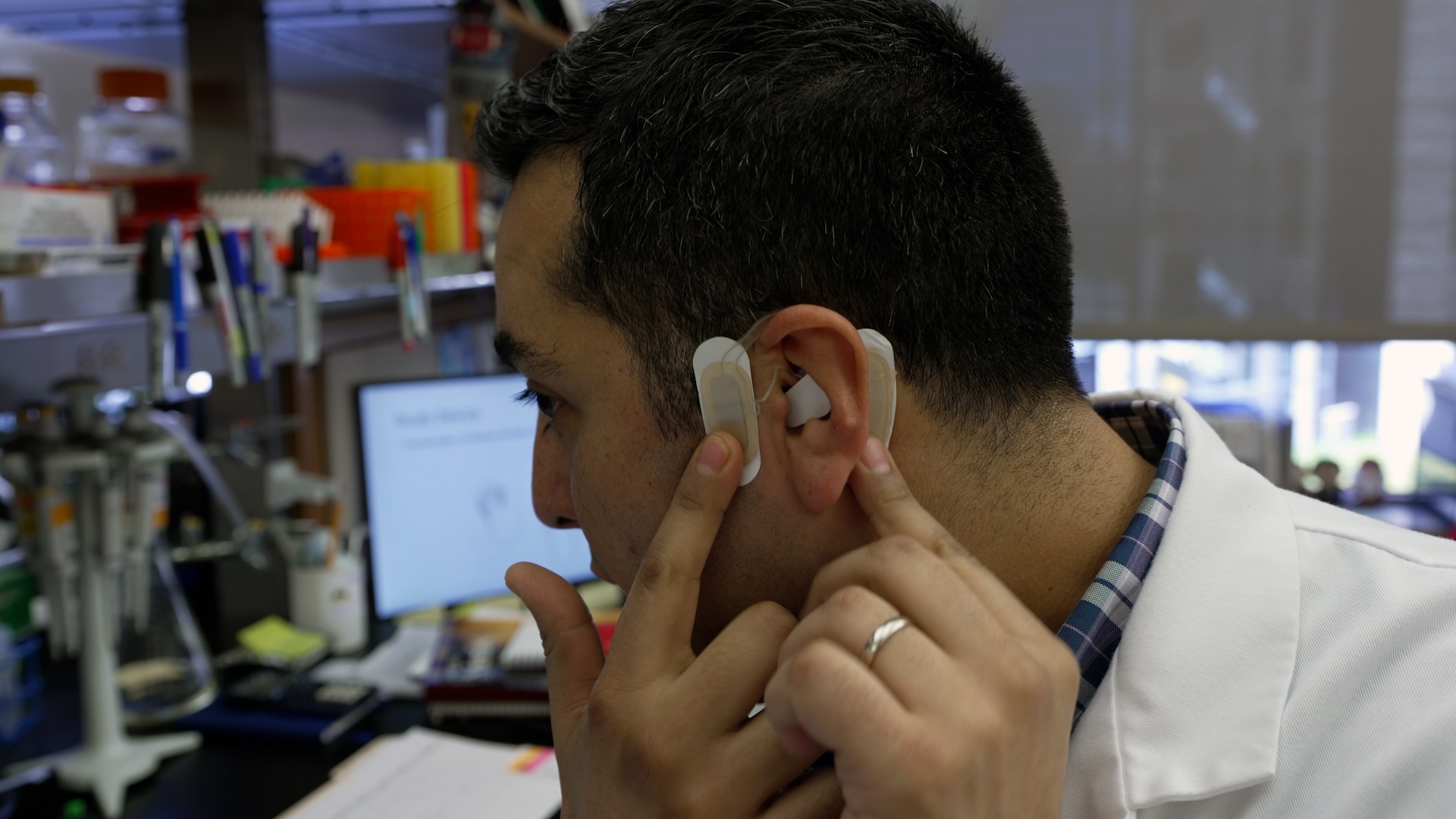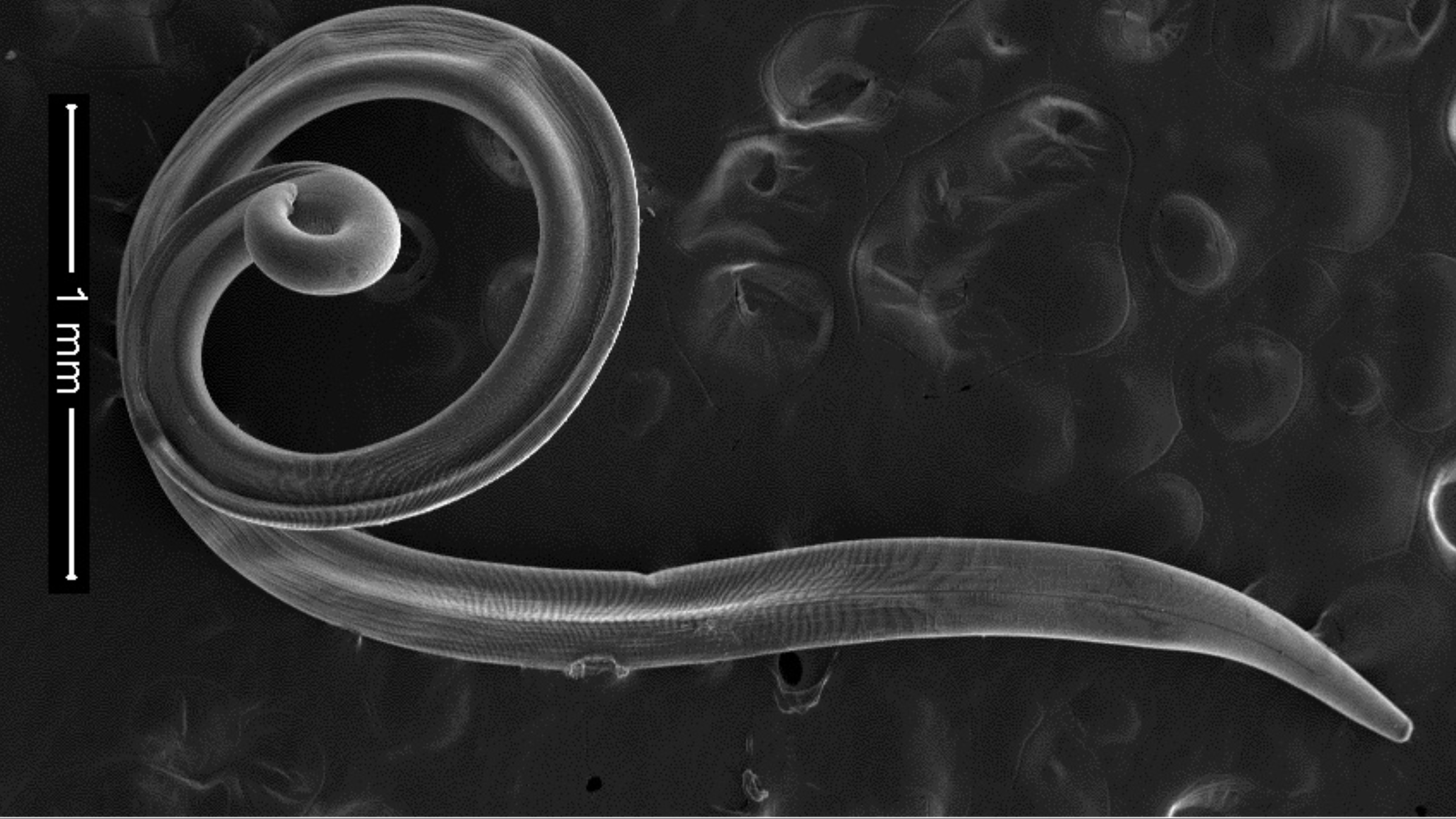Read what UCS experts expect from the second Trump administration on climate and energy, global security, science and democracy, transportation, and engaging with states.
This is the worst kind of déjà vu.
I was working on food and agriculture policy here at the Union of Concerned Scientists back when Donald Trump assumed the presidency and began blowing up the federal government in 2017. I expect more of the same (and worse) this time around. And while attention has rightfully been focused on candidate Trump’s threats to immigrants, the LGBTQ+ community, women’s health, climate action, science-based policymaking, the rule of law, and the democratic process, his return to power also promises to wreak havoc on our food system.
Trump 2.0 will be as bad as you think for farmers and eaters
We don’t have to look very hard to find clues to what Trump-ifying the farm and food sectors would look like. We’ve seen this movie before, and I wrote a whole report documenting how, in just the first year of his first administration, President Trump’s US Department of Agriculture (USDA) sidelined science, undermined key public health and safety protections, and prioritized the interests of large agribusiness companies over the public interest, betraying farmers, consumers, and rural communities.
But now there’s also Project 2025, which (despite the candidate’s denials) was authored by Trump insiders and is widely believed to be a blueprint for his next administration. Taken together, the signposts point to these likely outcomes:
- A mass deportation initiative that will target many farmworkers. Deporting 11 million undocumented immigrants—and even seeking to remove legal immigrants and denaturalize US citizens—was one of Trump’s most oft-repeated promises on the campaign trail. In addition to being morally repugnant and impossibly expensive, these plans would be extraordinarily damaging to a food system that relies heavily on immigrant workers, destabilizing local economies and driving up food prices for all of us.
- Ill-conceived tariffs and a new trade war. Trump’s obsession with tariffs promises to raise consumer prices, increase farmers’ costs, and reignite the agricultural trade wars that marked his first term. That trade chaos hit US commodity farmers hard, and the subsequent bailouts to assuage rural anger left taxpayers footing a staggering $28 billion bill.
- Fresh attacks on USDA food assistance and healthy eating programs. President Trump’s first term was marked by multiple attempts by the administration and its congressional allies to restrict access to food assistance programs like the Supplemental Nutrition Assistance Program (SNAP, formerly food stamps) and school meal programs. We’re likely to see new, Project 2025-driven attacks on these programs and on health-improving dietary guidelines, with negative impacts for urban and rural communities alike.
- Abandonment of new USDA antidiscrimination policies. For generations, US farmers of color have faced discrimination from the USDA and other institutions. The Biden administration reckoned deeply with that racist history and its present-day implications, establishing an Equity Commission to guide future USDA policies and directing $2 billion in financial assistance (from the Inflation Reduction Act it championed) to farmers who had been harmed. On the heels of an openly racist and hate-filled Trump campaign, there is no question that this progress is now at risk.
- Cuts to highly effective, in-demand farm conservation programs. Our industrial model of agriculture is environmentally damaging and has created massive soil erosion and water pollution problems. USDA conservation programs are popular with farmers and effective at reducing pollution, but they are underfunded. Project 2025 seeks to double down on President Trump’s abysmal first-term environmental record, and derides USDA attention to the environment as “ancillary.”
- Erasing climate action from the USDA’s mission. While the Biden administration prioritized climate action, President-elect Trump still proudly calls climate change a hoax. His first-term war on climate action included burying a USDA climate response plan. The Project 2025 authors have egged him on and called on the next agriculture secretary to eliminate all official references to transforming our food and farm system and to “remove obstacles that hinder food production,” which in their view includes any attention to agriculture’s climate impact.
- Letting Big Ag corporations make the rules. The “revolving door” of lobbyists-turned-policymakers spins in every administration, and giant agribusiness corporations and interest groups spend millions lobbying whoever is in charge. But Big Ag found an especially willing ear in President Trump’s USDA and his ethically-challenged agriculture secretary. Expect more of the same. (In a weird twist, there’s also some possibility, however remote, for better outcomes. In the waning days of the campaign, we saw suggestions that Trump had “promised” his rival-turned-surrogate Robert F. Kennedy Jr. a role in his administration’s food, health, and agriculture agencies. Candidate Trump said he intended to “let [RFK Jr.] go wild on the food,” whatever that means, while RFK Jr. made a video in which he espouses positions on Big Ag and regenerative farming that I actually agree with. But I’ll believe it when I see it.)
It’s a grim picture, but we’re ready to fight
Before President-elect Trump even takes office, the outgoing Biden administration should shore up the USDA, its staff and scientists, and the myriad programs they administer that are making people’s lives better. At UCS, we’ll be pressing President Biden and Secretary of Agriculture Tom Vilsack to
- Secure and quickly distribute funding for the administration’s climate-focused conservation investments and policies. Despite efforts in Congress to claw back this funding, the USDA has spent a substantial portion of the nearly $20 billion in conservation funding from the Inflation Reduction Act (including nearly all the dollars allocated to the highly effective Conservation Stewardship Program in fiscal year 2023 and fiscal year 2024). Secretary Vilsack’s USDA should move quickly to get as much remaining funding as possible out the door before January 20. And they should do everything they can to make sure that members of Congress, the new administration, and the public understand these investments have been good for farmers and our future and shouldn’t be undermined.
- Fulfill USDA’s commitment to end discrimination and promote equity. While Secretary Vilsack has made progress on this front, there is much more to do. The USDA Equity Commission’s February 2024 recommendations provide the roadmap, and the department should fulfill as many of them as it can before the end of the Biden administration. Creating an Office of Small Farms is one good place to devote energy before the change of administration.
Defending science and scientists is paramount
President-elect Trump has promised to fire government scientists and dismantle science agencies; this matters because when science is sidelined people get hurt. In his first term, his administration made multiple attempts to muzzle USDA scientists and science agencies. Science is key to good policymaking for agriculture, food systems, and rural development, and the first Trump administration did serious damage to the USDA’s science agencies with a forced relocation of staff at the Economic Research Service and the National Institute of Food and Agriculture that caused substantial brain drain.
President-elect Trump has a well-documented aversion to science, and on the campaign trail this fall he called federal employees “crooked people” who are “destroying this country,” so you can bet his next administration will look for ways to remove more of them from the USDA and other agencies.
President Biden has been working to shore up the federal workforce to prevent civil servants from mass firing. There may not be much more that his administration can do, but they should explore all options to protect scientists and staff at the USDA and across the government.
When President-elect Trump takes office in January, UCS will be ready on day 1 to expose his attacks and defend science. Attacks on scientists are almost always attacks designed to benefit polluters and wealthy corporations who put profits over the health of our communities, our kids, and our planet. UCS is mobilizing immediately with the 17,000 scientists in our network and with partners to launch an emergency campaign to fight attacks on federal science and scientists.
We’ll be watching for and ready to respond to
- Signs of corporate capture at the USDA, starting with nominees for agriculture secretary and other key positions—like the role of USDA chief scientist, for which we beat back an appallingly unqualified nominee in 2018.
- Attacks on science-based policies and USDA data. We will fight back against disappearing data, silenced scientists, suppressed and censored scientific studies, and other assaults on the science and scientists who keep us safe every day.
- Rollbacks of USDA climate and equity policies and investments. We will defend the safeguards that protect the health and safety of people across the United States, especially those overburdened by pollution.
I won’t sugarcoat it: The coming months will be extraordinarily challenging and dispiriting. But we can make a difference, because while the incoming Trump administration will be better prepared this time, so will we.
We know that chaos and disinformation are the playbook, and we can be ready to act—to speak out against unfair policies, to defend science, to organize locally, to use our voices to call out and challenge disinformation. It will be hard, and it will be draining, but it will be critical to protecting our food system, safeguarding science, and defending our democracy.

 3 weeks ago
50
3 weeks ago
50


